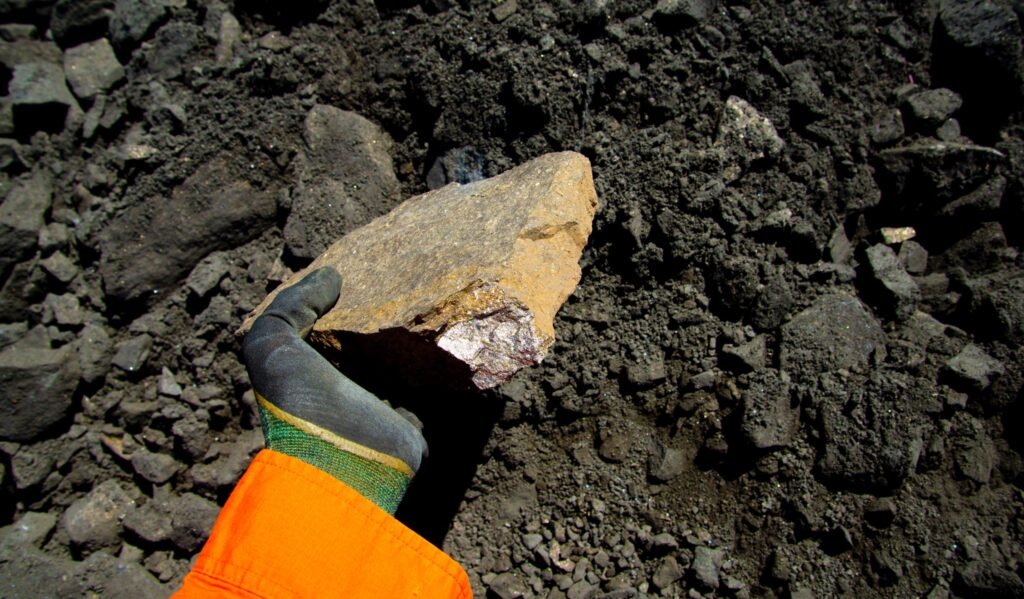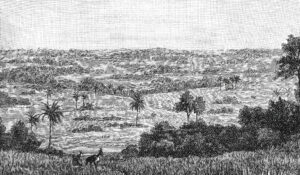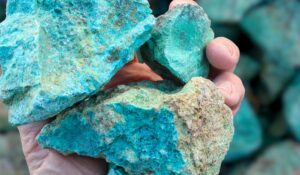Indonesia Looking for Full Nickel Supply Chain
Indonesia may soon slap an export tax on nickel products with less than 70% nickel content. What they’re after is to ramp up domestic refining and position themselves as an end to end supplier for EV materials.
Investment Minister Bahlil Lahadalia has said that most nickel exports from Indonesia currently fall in the 30% to 40% range in terms of nickel content, however, the government wants to carry out the processing on home soil for greater profits. “If producers want to export products with less than 70% nickel content, it’s possible we’ll impose an export tax.” It’s ambitious and it’s also not surprising. Indonesia is the big dog when it comes to mining the ore and now it wants to own the value chain.
The country banned exports of unprocessed nickel ore last year to encourage exactly this kind of downstream investment. Now it’s looking to tighten the screws further and push producers to refine their output before shipping it out of Indonesia.
Much of Indonesia’s nickel output currently comes in the form of ferronickel or nickel pig iron—both low-grade products commonly used in stainless steel production rather than high-end battery manufacturing. The hope is that the new tax will push more of that processing activity inside the country.
Not everyone will be thrilled by the move but there are clear indications that Indonesia will get its way. This year (in fact just before the tax announcement) a $1.1 billion plant, being built by South Korea’s LG Energy Solution and Hyundai Motor Group, broke ground. It’s the kind of project the Indonesian government wants more of—big, downstream, and built with the country’s long-term supply chain ambition in mind.
Whether the proposed export tax becomes law or not, it’s clear Indonesia is serious about reshaping its role in the global nickel and EV ecosystem.
Anthony Milewski
Chairman, Nickel 28 Capital











